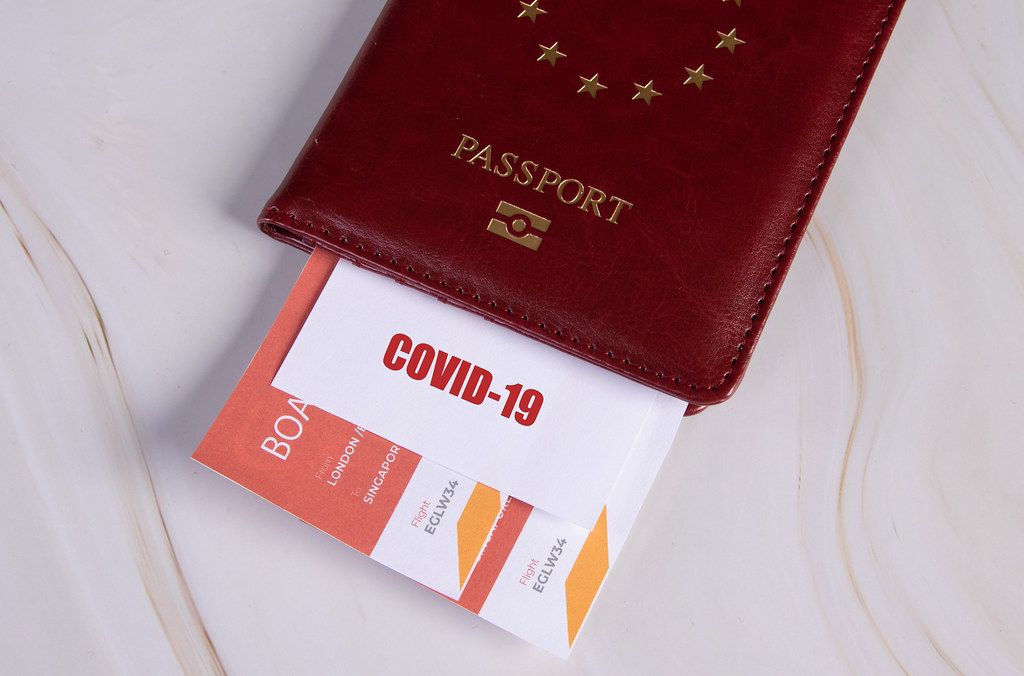“White smoke”, wrote Didier Reynders, EU’s commissioner for justice, last night on Twitter.
‘“We have a deal on the Commission’s proposal of the EU Digital COVID Certificate. We delivered this new tool in record time to safeguard free movement for all citizens.”
Following rapid negotiations last night, the European Parliament and the EU countries have agreed on the COVID-19 passport. This will make it easier to travel between member states.
The certificate still requires final approval, but it is expected to be up and running by July 1.
Free QR code as passport
The COVID-19 passport is not a burgundy red booklet, but a free QR code on your smartphone or a piece of paper – officially named ‘EU Digital COVID certificate’.
All EU citizens can qualify to get it, as long as they have one of three mandatory requirements.
You either need to be vaccinated, have previously been infected or have a negative corona test.
If you’ve only had one vaccine dose, you will also be able to apply for the pass. But only vaccines approved by the European Medicines Agency (EMA) will be accepted.
No nightmare like last year
The general rule is that the certificate must ensure to open doors to travel to other member states.
“We won’t be repeating the nightmare summer of 2020,” said Juan Fernando Lopez Aguilar, the Spanish lawmaker who headed the parliament’s team.
Countries are encouraged to have as few restrictions for incoming tourists as possible, but it’s still up to the countries themselves if they require tourists to quarantine or get another test after arrival.















